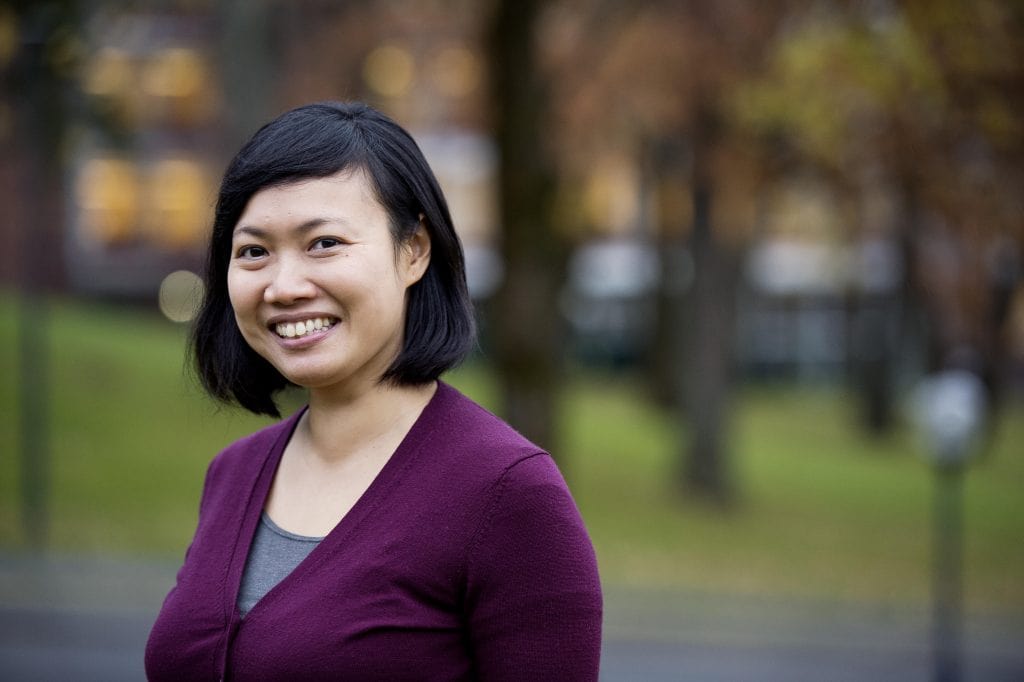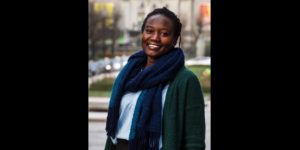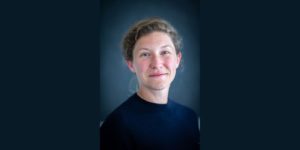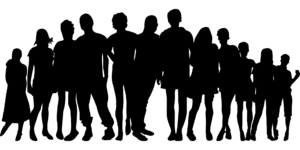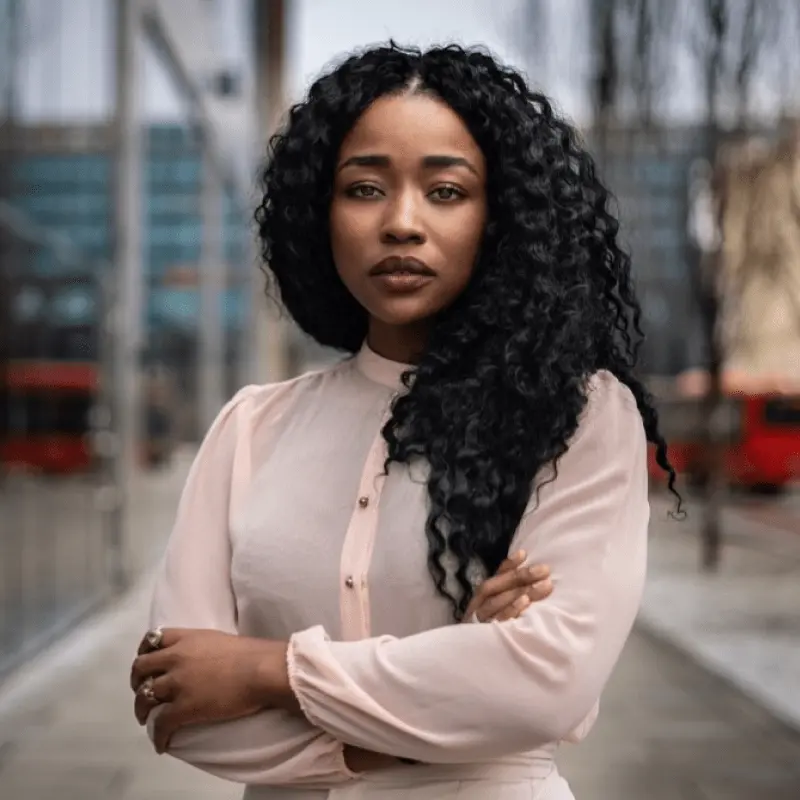Women should be celebrated every second, minute and day. For their work, contribution to society and role of nurturing the future generations. Tita Alissa is one of the many women who should be celebrated. She is a mother of two, and a Senior Researcher in Precision Medicine at DNVGL.
Having a child changes much in a person’s life, but were those changes in accordance with your expectations, or were some of your experiences unexpected?
I didn’t really have any clear expectations before I had kids. I just knew it was going to be hard. But hard in what way, I was not really sure. What I can say, is that the joy of having kids, as we hear all the time from others, is true. I think this joy is the drive that changes our lives once we become parents. When they cry, we would do anything to stop them from crying. When they laugh, our world suddenly brightens up and we want to hold on to the moment. During this coronavirus lockdown, I try to keep collecting these joyful moments to help me overcome this overwhelming time. Although sometimes a moment only lasts for a short time, it still brightens up my day.
Do you think there was enough information out there for the new mothers to know what to really expect after birth or have the stories been a bit romanticized and just one-sided?
I think there is way too much information out there for new mothers, and much of the information is conflicting. I am a realist, so I was skeptical when I read something that was romanticized. But I do know some moms who really see motherhood through rose-colored glasses and who overlook all the hard work. I wish I could be more like these moms. For the moment, I try to see motherhood as it really is.
In your opinion, what is the biggest challenge with being a mother? What is the most rewarding?
The biggest challenge with being a mother for me has been tackling the feeling of being overwhelmed and making sure I am not burned out by the end of the day. This requires discipline, which I did not have much of before kids. It means although I would love to continue watching that last Netflix episode that kept getting interrupted by, well, life, I would be better off going to sleep when my kids were asleep. Winding down is no longer sitting on the couch watching comedy. It means sleeping when I can, eating when I can, and prioritizing my basic needs. This is especially important now during this lockdown period when my first child who usually goes to kindergarten is with us 24 hours a day.
The most rewarding thing about being a mother, to me, is to see them grow. Before kids, I was so happy to see that my plants were growing, considering I saw myself as a plant-killer. Seeing them reach each milestone feels like winning a prize each time.
Do you experience or feel judgment about the lifestyle choices you’ve made in relation to being a mother? If so, how?
I choose to work and, no, I do not feel that I am being judged. I am sure there is some judgment out there, but I just do not feel or experience it. I probably care too little about judgment, if there is any.
How do you navigate raising children in a different culture?
I have been a mother for only 2 years now, so there are still a lot of trials and errors without really seeing the result. So far, we just go with the flow, wherever that flow is going. And I think different cultures probably define a good human in a very similar way.
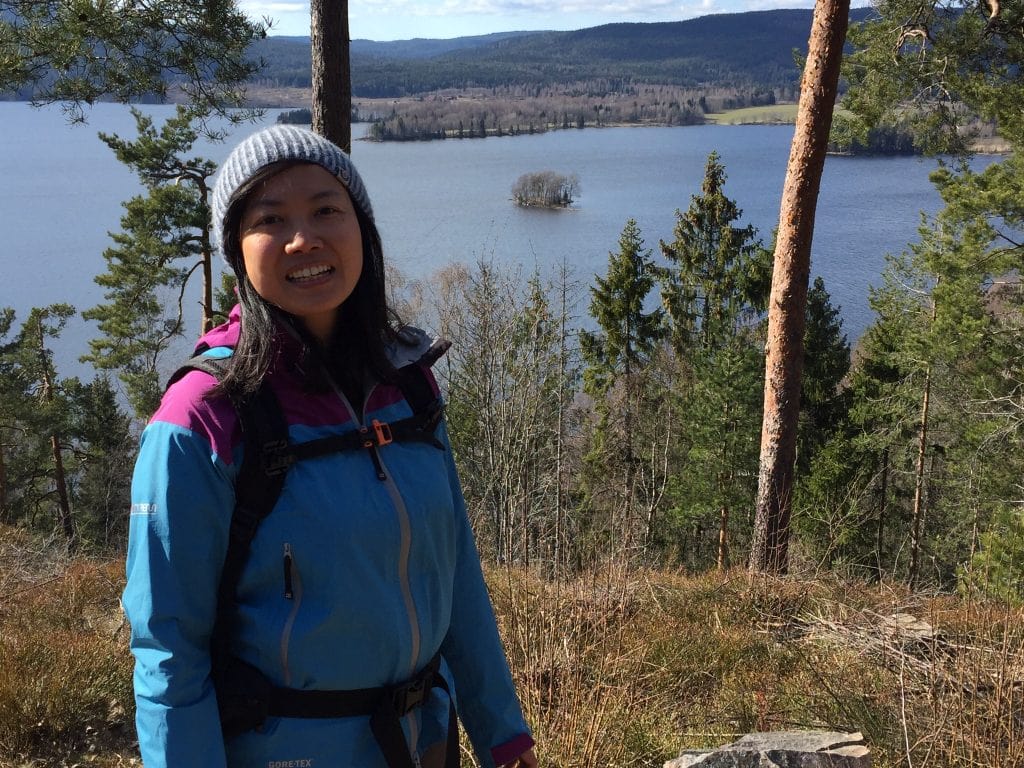
How do you balance motherhood, marriage/partnership, and your professional life?
I do not. I juggle a lot. Sometimes professional life comes first, then another day, motherhood is a priority above all, and other times, my marriage needs all the attention. I still try to find the balance and likely will keep balancing throughout my life. But that makes life more interesting.
Being a woman in our society is not always easy, let alone being a mother. If there is one thing you would like to see changed that would make your life as a mother easier, what would it be?
Let the fathers breastfeed so moms can go out! I know we can pump, but some babies, like mine, do not take bottles. And I think it is positive for the fathers to experience this hormonal high that comes with breastfeeding.
If you had any degree of postpartum depression after birth, can you share your experience with us? Can you tell us what kind of help is available here in Norway? What did you need the most in that period?
I luckily did not have PPD after both births. But I had perinatal depression symptoms for the second pregnancy where I got to see a family therapist at the helsestasjon and a private counselor. I was very lucky to have this experience in Norway where I could receive partial sick leave from work. It was extremely helpful because I had time to breathe and destress. After the birth, the perinatal depression symptoms were completely gone.
How do you deal with mom-guilt? Do you feel guilty when making choices just for yourself, when you think only about what you want or need, since you became a mother?
My coping mechanism is very similar to the safety regulations onboard a plane, that if any incident should happen, we need to put our own oxygen masks on first before helping others. As a mother, I need to make sure that I take care of myself so I can take care of my kids and family. So I do not feel guilty when making choices that are important for my well-being, like taking time off from my kids, choosing to work instead of staying home, or delaying bathing my kids for another day. We are only human and taking care of ourselves is a good example for our kids as well.
If you had one piece of advice/tip for other mothers, what would it be?
When you have doubts, when you feel like you receive too much information and unsolicited advice, try to be confident and believe that anything that you choose to do as a mother is right for your children.
